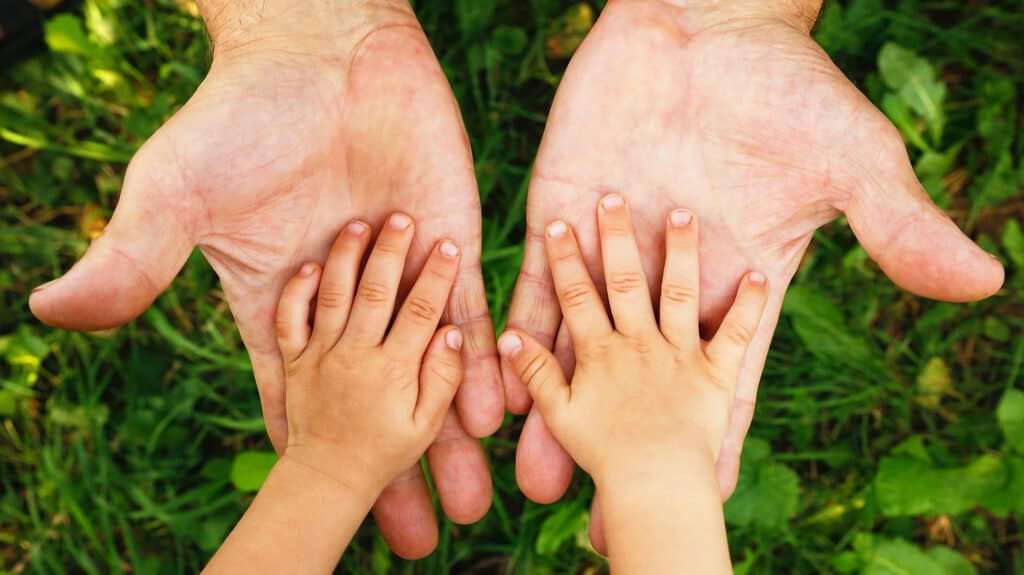The side effects of parental substance abuse can affect the whole family as stated by the Substance Abuse and Mental Health Services Administration (SAMHSA).
In fact, parental substance use may cause children to have a greater risk of developing difficulties with social skills, academic practices, and self-esteem.
Young children who are mistreated by their substance-abusing parents have an increased risk of experiencing developmental problems or suffering from mental health problems. Children of parents struggling with drug use may be exposed to more than just drug use.
Adolescents can experience child abuse in various forms such as sexual abuse, witnessing domestic violence incidents, or constantly being surrounded by illegal activities.
Because of the way substance abuse problems affect multiple family members, especially young people or children living with parents who have a substance use disorder (SUD), it is necessary to acknowledge the impact.
The Impact Of Parental Substance Abuse
Parental addiction can cause harm to children in the following ways:
- the parent is away from home most of time
- child maltreatment
- sexual abuse
- the potential for violence
- the parent may also suffer from a mental disorder
- the emotional needs of children are not met
- the parent experiences multiple health issues, requiring the child to become the caregiver
In addition to this, children and young adults may have difficulty with:
- forming healthy relationships with peers
- finances or legal issues
- suffering from mental health issues such as depression or anxiety
- struggling with schoolwork and maintaining grades
- coping with parental alcohol or drug abuse in the home
The Needs Of Children Impacted By Parental Substance Abuse
According to the U.S. Department of Health and Human Services, it is estimated that more than 18 million children live with at least one adult suffering from a SUD. Of these cases, the majority of children are under the age of 5.
Experiencing trauma during early childhood development is a major risk factor for developing mental health problems or drug and alcohol use problems later in life. These issues can affect children at a higher rate than children who did not grow up in a home with parental addiction.
Welfare & Support Services
If the parental substance abuse leads to violence or mistreatment of the child, child welfare may become necessary. According to SAMHSA, there are support services for a child to take advantage of while their parent receives addiction treatment.
Addiction Treatment Options
If you or a loved one struggle with substance abuse, you can find a variety of treatment options available to you at Northeast Addictions Treatment Center.
At our treatment facility, we place focus on well-being by providing evidence-based care, support group options, and outpatient treatment.
Speak to one of our healthcare representatives to learn more about our treatment plans.
People Also Read:
Sources:
- National Institute on Drug Abuse – What is addiction?
- Substance Abuse and Mental Health Services Administration – CHILDREN LIVING WITH PARENTS WHO HAVE A SUBSTANCE USE DISORDER
- Taylor & Francis Online – The Impact of Substance Use Disorders on Families and Children: From Theory to Practice

